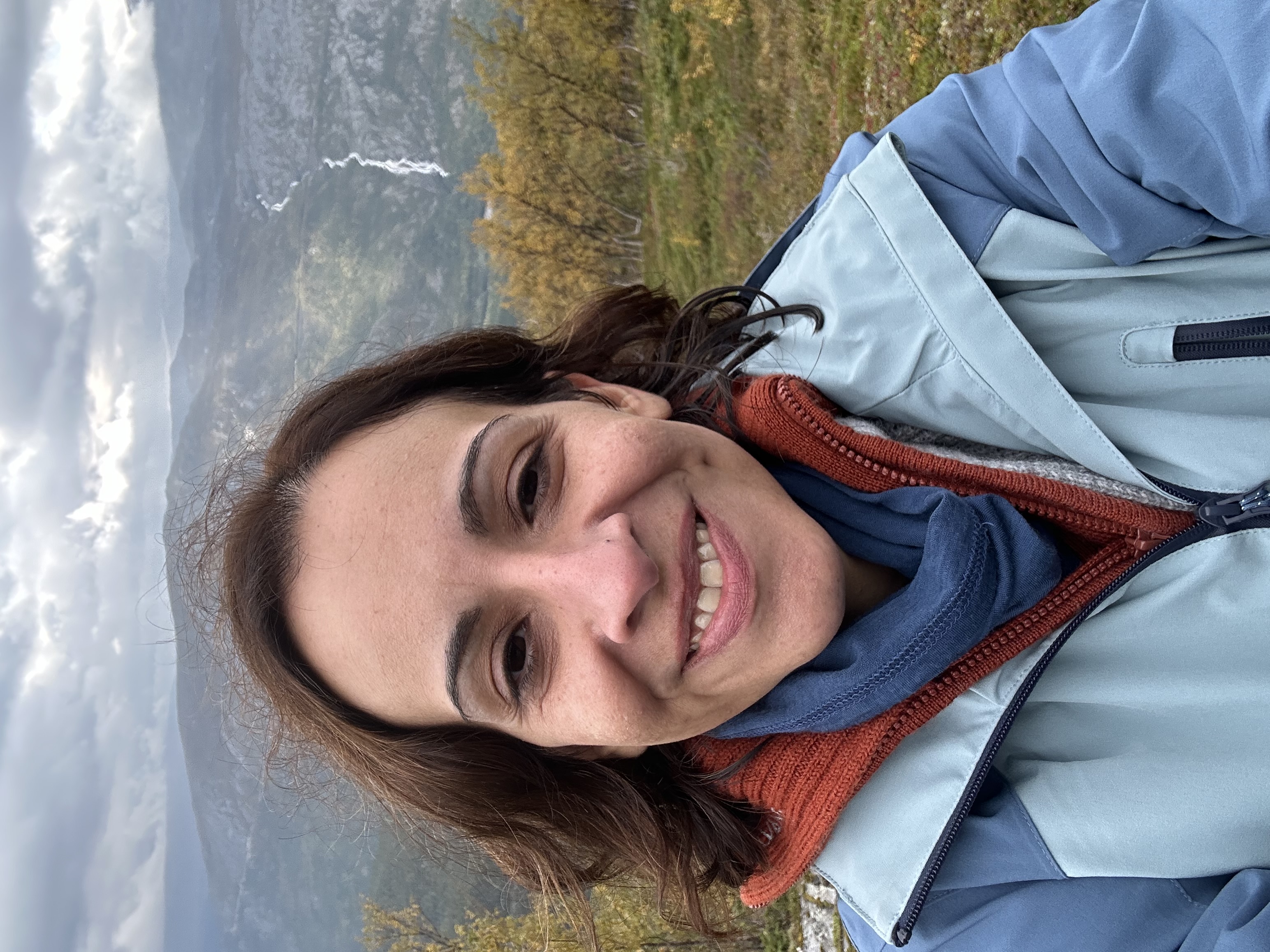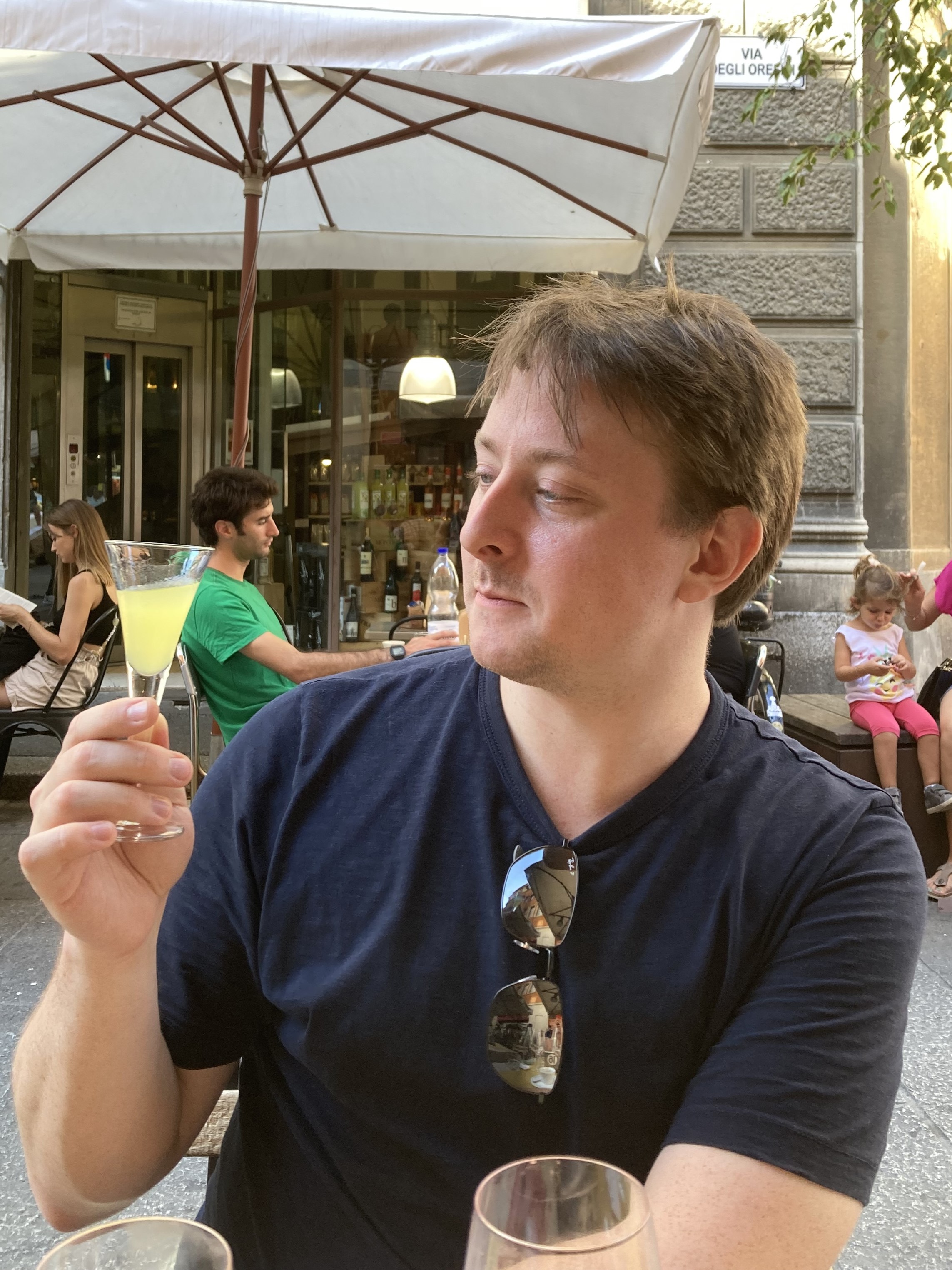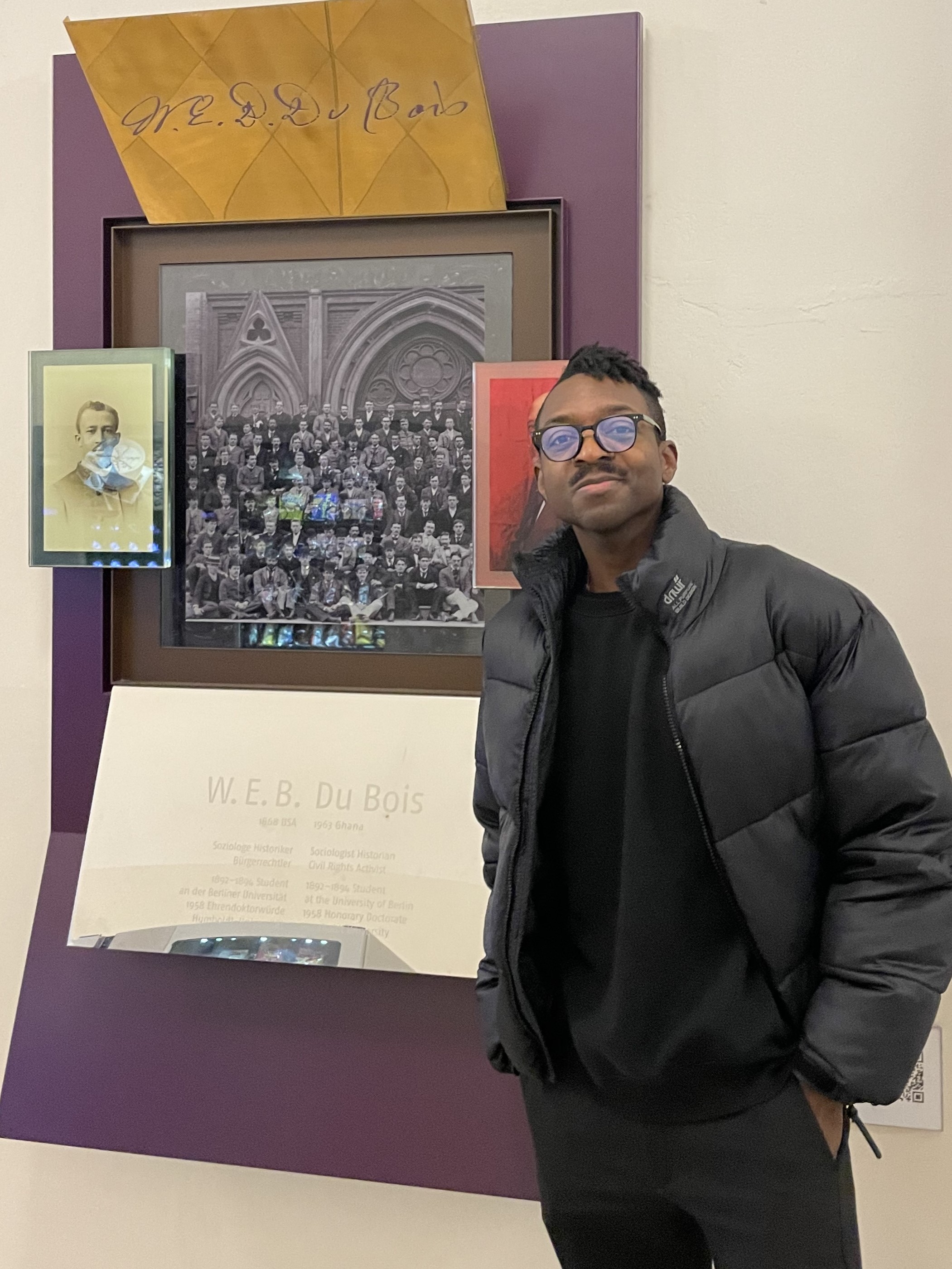As we begin the new academic year, it is a pleasure to introduce our newest English Department colleagues. Please feel free to reach out to them if you are looking for a project partner, an examiner, a supervisor, or if you would like to know more about their teaching and research here at Nord.
1) Describe the path that brought you to Nord University.
Dr. Myrto Drizou: I have been lucky to work with wonderful students and colleagues all over the world. After I completed my PhD at the State University of New York at Buffalo in 2012, I taught in the US for several years, first at the University of Illinois at Springfield and then at Valdosta State University in Georgia. In 2018, I moved to Istanbul to take up a position at Bogaziçi University. When I applied for the position at Nord in 2023, I was really hoping I would be offered the job, and when it finally happened, it was easy to say yes! I value the collegiality of my fellow faculty, the international scope of all English programs, and the interactive structure of literature and language courses.
Dr. Colin Davis: After receiving a PhD in linguistics at the Massachusetts Institute of Technology in 2020, I was a postdoctoral scholar at the University of Southern California, and then a Junior Professor at the University of Konstanz, before coming to Nord University in 2024.
Dr. Nahum Welang: After years of working at several universities and schools, in Norway and abroad, I was delighted to join Nord University because my position perfectly blends my passion for teaching literature and working with teacher education students. Literature, I ardently believe, is a vital educational tool because it is a gateway to effective language learning, imaginative aspirations and broadening cultural perspectives.
2) What motivates you in the classroom?
Dr. Myrto Drizou: I see the classroom as a safe space for the open exchange of ideas. I love talking about literature in the classroom and seeing new perspectives about issues that matter to us all. It’s always exciting to learn from students whom I find to be truly insightful readers of the world. A student of mine just won the award for undergraduate research offered by the International Edith Wharton Society (a scholarly organization devoted to the study of American author Edith Wharton), and I am just so proud of her. It’s great to see students grow into mature writers whose work makes a difference!
Dr. Colin Davis: In the classroom, I enjoy helping students gain a scientific understanding about language, for a few reasons. First, this trains critical thinking skills that are generally useful throughout our lives. Additionally, by examining language deeply, we increase our knowledge about an important and unique aspect of ourselves as human beings. I want my students to become able to formulate their own new questions and ideas, not simply regurgitate information, since this shows that they are genuinely learning and growing.
Dr. Nahum Welang: I am motivated by the ambitions and potential of my students. I invariably strive to demonstrate how my classes (course materials, debates, assessments etc.) can contribute to the actualization of their goals. My classroom pedagogy is thus student-centered.
3) What are you working on these days in terms of research?
Dr. Myrto Drizou: My research grows from my teaching (and vice versa). I just completed an essay on teaching American Studies here at Nord, which will be published in the journal American Studies in Scandinavia. I am also teaching a course called “Women’s literature, mobility and identity” for the semester exchange and one-year programs in English, so I am always thinking about the ways in which women develop their identities. I am writing an essay on healing trauma in the work of queer American writer Carmen Maria Machado; this essay will be included in a collective volume prepared by the Research Group on Humanities, Education and Culture here at Nord. I am currently the President of the International Edith Wharton Society, and I just completed a scholarly article on Wharton’s engagement with the history and culture of the Mediterranean Sea. I am very interested in the intersections of history, identity, and culture; I have been working on a book that examines the ways in which archaeological practices have influenced American culture. Part of this book is also an article I just published on author Mary Noailles Murfree who uses archaeology to give voice to indigenous peoples in America.
Dr. Colin Davis: My research focuses on linguistic theory, specifically syntax (sentence structure), morphology (the parts of words), and the general principles of language that explain their properties. I do this using data from English and many other languages. I have a variety of publications and projects on these topics, which are described on my website.
Dr. Nahum Welang: I just edited a special issue for the journal Open Cultural Studies called Plague as Metaphor. My aim with the special issue is to underscore the role literature (and the humanities in general) plays in shaping pandemic narratives and, most importantly, offering potential solutions, or visions, for post-pandemic societies. I am also part of a research project at the University of Bergen called After Precarity, Polarization, and Populism: Figurations for the 21st Century. For my contribution to the project, I am investigating how literary texts can provide an alternative narrative to the rhetoric of masculinity “influencers” like Andrew Tate.
4) It’s Friday night, it’s pouring rain and Netflix is calling your name. What are you watching, and what is your meal/snack of choice while doing so?
Dr. Myrto Drizou: I love dark, atmospheric movies and TV series! I am watching a season of True Detective and warming up with hot noodle soup or pad thai.
Dr. Colin Davis: For me, it’s YouTube videos of cute and interesting animals. I do like chocolate as an occasional treat.
Dr. Nahum Welang: It is a toss-up between an epic adventure like David Lean’s Lawrence of Arabia or Peter Jackson’s The Lord of the Rings and a thrilling edge-of-your-seat sci-fi horror like Ridley Scott’s Prometheus. (And yes! I am publicly and unashamedly outing myself as a Prometheus apologist.) Regarding snacks, I will always keep it simple: popcorn.



